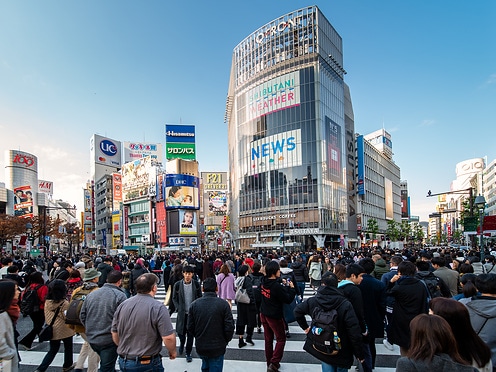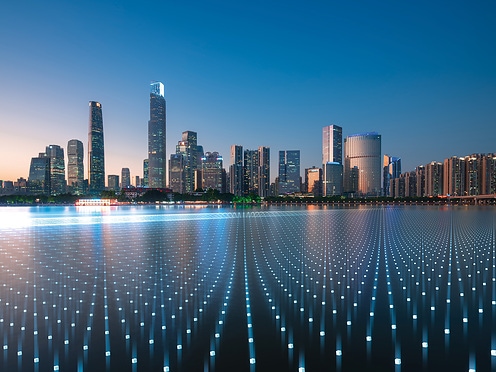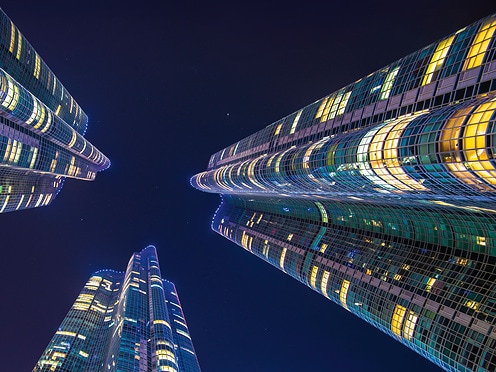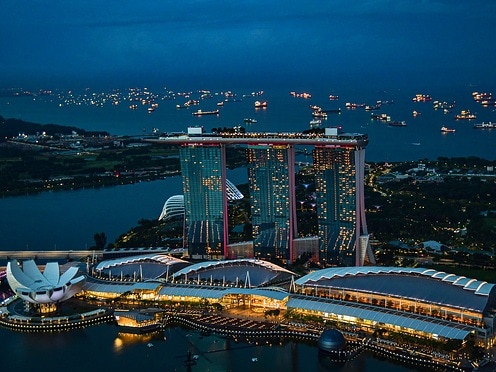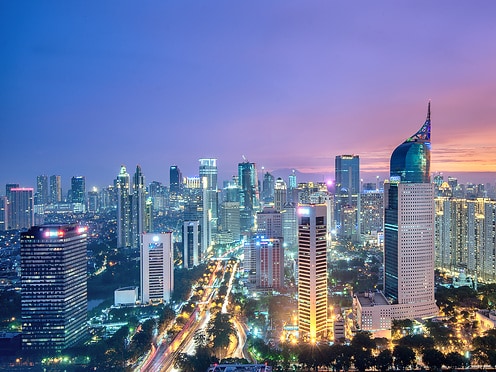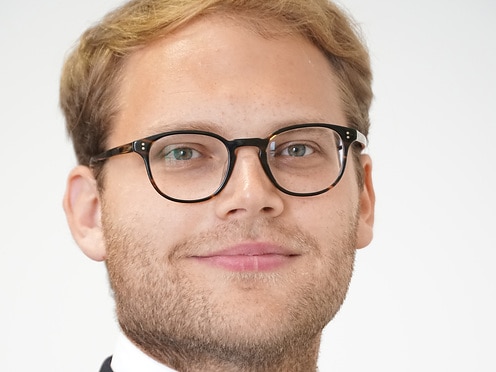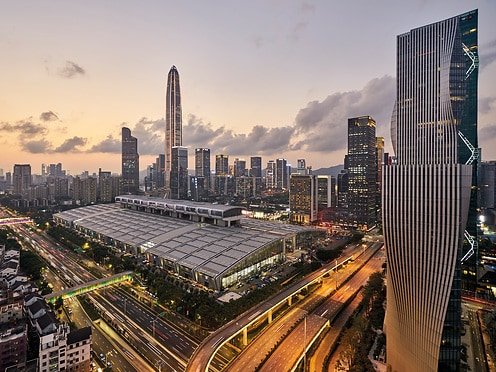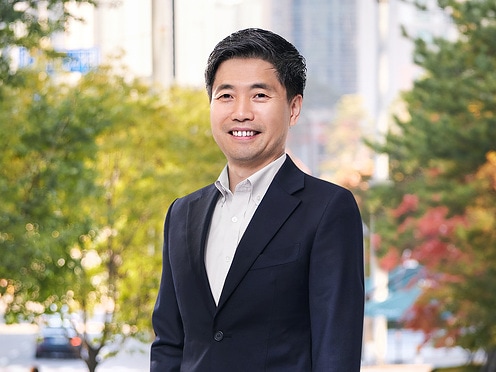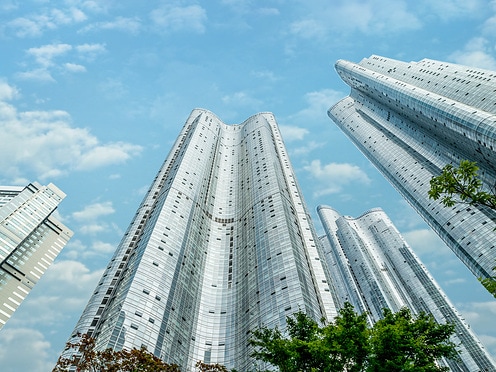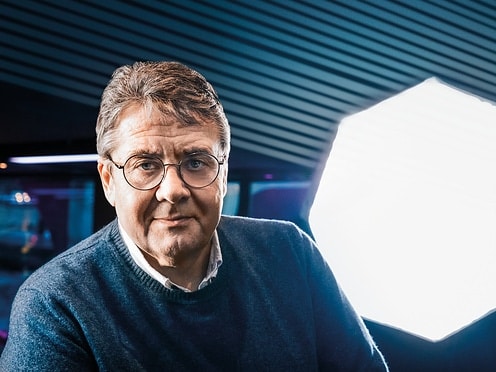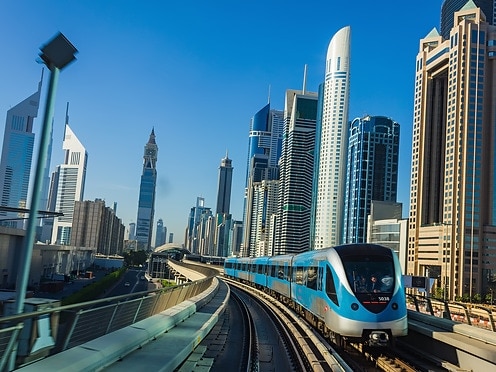Focus on Africa – the continent of the future
With the aim of making German business activities on the African continent visible and intensifying them, the Wilo Group is welcoming around one hundred high-ranking guests from business, politics, and civil society to the Wilo “Building Bridges – Africa” business conference at the company’s headquarters in Dortmund on 16 May.
Under the patronage of the Federal Minister for Economic Cooperation and Development and in cooperation with the German-African Business Association (Afrika-Verein) and with the kind support of the Dortmund Chamber of Industry and Commerce, the multinational technology group is offering the opportunity to exchange experiences and network within the framework of lectures, panel discussions and project insights.
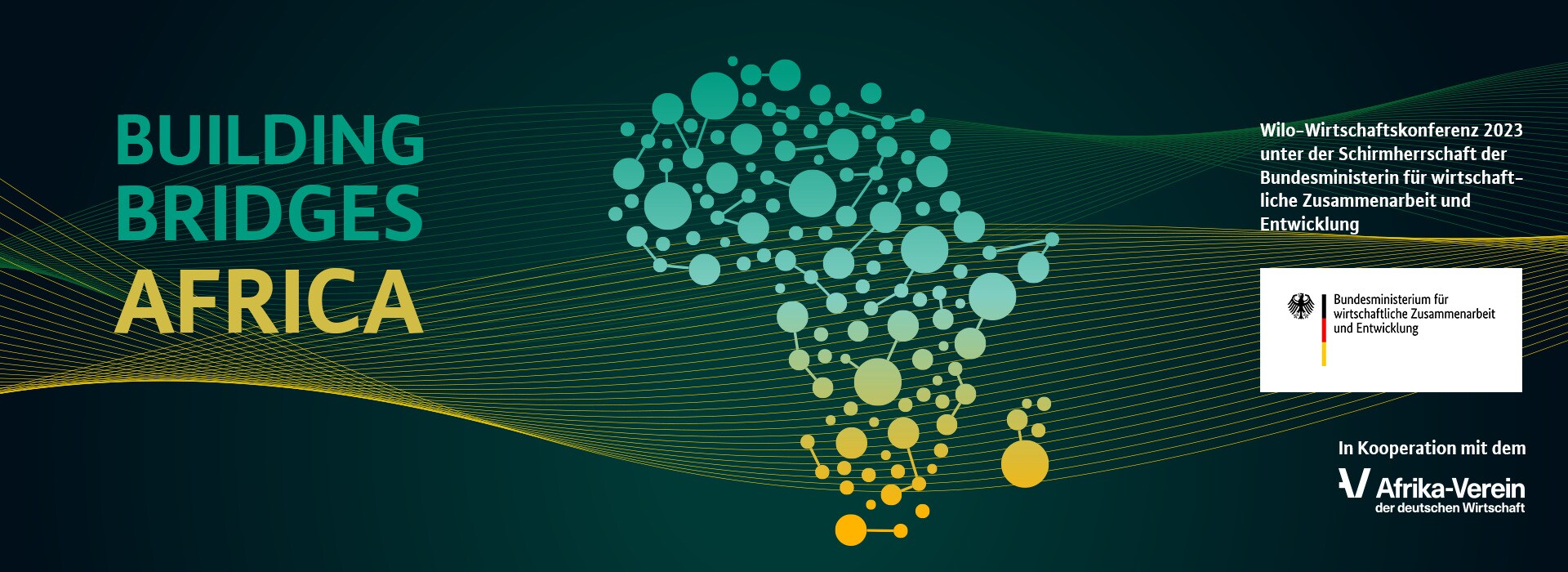
Enormous diversity – maximum contrasts
One thing is certain: there is no such thing as one Africa. Africa is a continent of 54 sovereign states whose diversity and dynamics are difficult to summarise. The huge continent ranges from the Tunisian Cape Ben Sakkas through the Sahara and the Congo Basin (the second largest tropical rainforest on Earth) to the southernmost Cape Agulhas, from the western Cape Verde off the Senegalese megacity Dakar across the semi-arid Sahel region and along the Great Rift Valley to Somalia’s Cape Hafun and is home to a diverse cultural heritage.
Africa is also a continent of maximum contrasts in socio-economic terms: 33 of the 46 Least Developed Countries (LDCs) identified by the United Nations are in Africa. This fact also continues to shape the prevailing image of the continent in the Global North, which is characterised by poverty, hunger, disease, military missions, or development aid.
Yet Africa is very rich in many ways: rich in strategically important raw material deposits, rich in the much sought-after renewable energies of sun, wind, and geothermal energy. Rich in agricultural production capacity. And rich in people: Africa is an extremely young continent; in some African countries, the average age of the population is just 17 years, which suggests exponential population growth within the next few years. By the middle of this century, the continent could be home to around 2.5 billion people, accounting for a quarter of the world’s population. Within this young and ambitious labour force, the middle class is also growing and with it the demand for economic and political participation.
“Africa will shape the 21st century. It must therefore now be a matter of shaping global processes of change together. Only with Africa can the great challenges of our time be solved.” This is the prediction made by the Federal Ministry for Economic Cooperation and Development in its Africa Strategy published at the beginning of 2023. Accordingly, the ministry welcomes and supports Wilo’s invitation to the “Building Bridges – Africa” business conference.
Africa: Hardship and solution-oriented at the same time
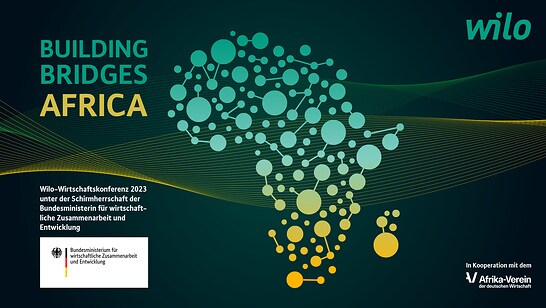
So far, the 21st century has been primarily characterised by major challenges. Crises such as the climate change and water shortage or the COVID-19 pandemic are mutually reinforcing and exasperate existing inequalities. Military conflicts put international law and the desire for peaceful, secure, and responsible coexistence to the test. In the course of so-called decoupling, existing political, economic and cultural alliances are breaking apart.
The African continent has been hit particularly hard by these multiple crises. Global warming and its consequences such as floods and droughts are and will be felt more strongly in Africa than the global average, the World Meteorological Organisation (WMO) diagnosed in its report “The State of the Climate in Africa 2021”. The disruptions to world trade that emerged in the COVID-19 pandemic and continue in the wake of the Russian invasion of Ukraine threaten food security. Limited access to vaccine and medical care have resulted in more and more calls for global solidarity.
Especially in view of the above-mentioned wealth of resource, however, Africa can not only contribute significantly to overcoming global challenges, but even provide an example of socio-ecological change: “Africa can become the first region of the world to combine economic prosperity with environmental sustainability and social justice”, emphasises Svenja Schulze, Federal Minister for Economic Cooperation and Development, in her video message to the Wilo “Building Bridges – Africa” business conference. And she highlights the importance of German-African partnerships in this development: “German companies can be at the forefront of shaping this global change and create partnerships with investments and know-how that are worthwhile for everyone.”
This future-oriented perspective on German-African cooperation runs like a thread through the programme of the business conference.
The need for innovative solutions is great – and so is the need for those sustainable partnerships that can implement them. Also, against this background, Wilo is organising an event aimed at political and economic decision-makers in Germany, who are to be inspired to cooperate in and with Africa by means of facts, success stories and new perspectives.
Background: Wilo, one of the few German companies in Africa
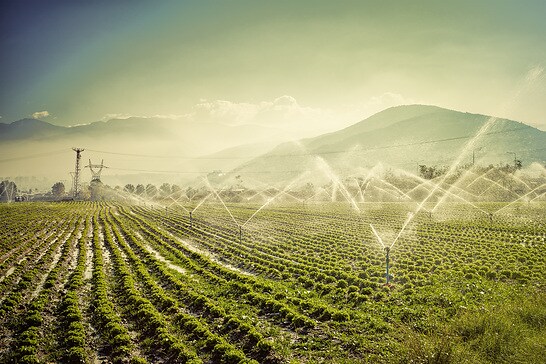
Still today, only around 3 per cent of German companies are active in Africa. One of them is the Wilo Group: in the meantime, the company looks back on around 30 years of business and experience in Africa, in which highly efficient pumps and pump systems have been used to facilitate the sustainable expansion of critical infrastructures in Africa and to move the scarce resource of water, especially in sub-Saharan Africa. From the beginning, the company has invested in regional value creation and sustainable capacity building. Starting with a branch in South Africa and representative offices in Algeria and Tunisia, Wilo is now an established player in the African market with 3 sales platforms, 9 subsidiaries and around 100 service employees.
And the continent will continue to play an important role within the corporate strategy in the future. “The African market is becoming increasingly important economically. German companies that want to remain competitive had better establish a local presence today rather than tomorrow. We at Wilo are proud to already have a wide range of experience in Africa and to be able to help shape the sustainable economic development of the continent”, emphasises Oliver Hermes, President & CEO of the Wilo Group.
Projects: Enabling food security and water supply
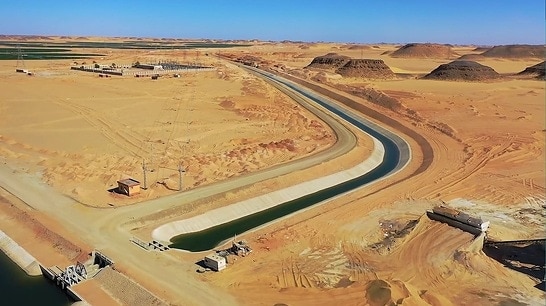
Since 2022, the Toshka project in Egypt, a construction project of the century, is being implemented in North Africa: more than 350 highly efficient Wilo Splitcase pumps pump up to 1.5 million cubic metres of water per hour from Lake Nasser into the Sheikh Zayid Canal, supply the adjacent irrigation facilities and thus make the desert landscape in the south of the country sustainably arable to ensure food security in the region.
And innovative solutions to pressing problems are also being found in sub-Saharan Africa: the Impact Site in N’diob, Senegal, is a compact and holistic supplier of electricity, water and cooling to rural communities. It was implemented together with the social enterprise Africa GreenTec and the Wilo-Foundation.
In East Africa, demand is not only growing for highly efficient technologies, but also for qualifying education and training opportunities. As a result, the Wilo platform in Kenya will be equipped with additional assembly and training capacity this year. In addition to all this, a recently appointed Sustainability Officer ensures the sustainable economic development of the region.

